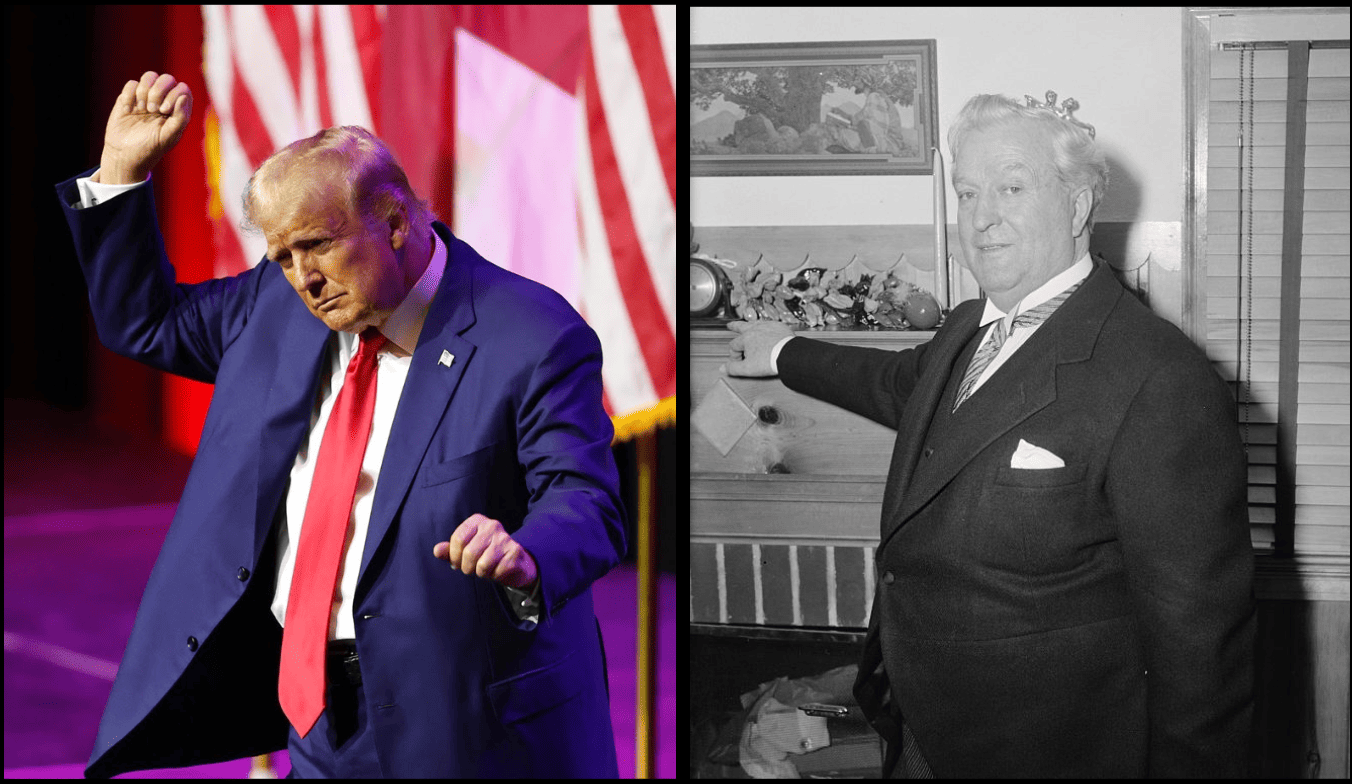
The Threats of a Second Trump Presidency: Implications for Marginalized Communities and Global Democracy
Donald Trump’s potential return to the White House in 2025 has raised significant concerns about the future of civil rights, democratic stability, and global governance. His first term was marked by policies that directly threatened marginalized communities, including LGBTQ+ individuals and undocumented immigrants. A second term, with fewer political constraints and a more radicalized base, could accelerate authoritarian tendencies and erode human rights both domestically and internationally.
Trump’s presidency from 2017 to 2021 demonstrated a clear pattern of hostility toward LGBTQ+ rights. His administration reversed numerous Obama-era protections, including banning transgender individuals from serving in the military and rolling back healthcare protections that prevented discrimination against LGBTQ+ patients. Under a second Trump administration, further attacks on LGBTQ+ rights are not only possible but likely. The Supreme Court, now with a stronger conservative majority, could see challenges to landmark rulings such as Obergefell v. Hodges (which legalized same-sex marriage) and Bostock v. Clayton County (which protected LGBTQ+ workers from discrimination). Additionally, Trump’s alignment with Christian nationalist movements that advocate for "religious freedom" laws may lead to increased discrimination under the guise of protecting conservative religious beliefs.
For undocumented immigrants, Trump’s policies have already caused widespread harm. His administration’s "zero tolerance" policy led to family separations at the U.S.-Mexico border, creating humanitarian crises and violating international human rights norms. The Deferred Action for Childhood Arrivals (DACA) program, which protects undocumented individuals who arrived in the U.S. as children, faced relentless legal challenges under Trump, and another term could see its complete dismantling. Mass deportations, aggressive ICE raids, and the expansion of detention centers with documented cases of abuse could become standard practice once again. Trump’s repeated rhetoric labeling immigrants as "criminals" and "invaders" fosters a dangerous environment where xenophobia and racial profiling intensify.
Beyond U.S. borders, Trump’s return to power could have dire consequences for global democratic stability. His admiration for authoritarian leaders such as Vladimir Putin, Jair Bolsonaro, and Kim Jong-un signals a preference for strongman governance over democratic alliances. During his first term, he undermined NATO, withdrew from key international agreements, and emboldened far-right movements worldwide. A second Trump presidency could further weaken democratic norms and inspire illiberal leaders to intensify their own autocratic measures.
While some may argue that Trump’s presidency was merely "populist," historical parallels suggest a darker reality. The erosion of democratic institutions, demonization of marginalized groups, and use of propaganda to cultivate a loyal following are tactics historically associated with authoritarian regimes, including Nazi Germany. While direct comparisons should be made cautiously, the political playbook of creating internal enemies, attacking the free press, and consolidating power bears concerning similarities.
A second Trump term represents an existential threat to both American democracy and human rights on a global scale. LGBTQ+ individuals, immigrants, and other vulnerable communities would likely face intensified discrimination and loss of protections. The broader world would witness a resurgence of isolationist policies and a weakening of international democratic alliances. As 2024 approaches, the stakes for civil rights, global stability, and the future of democracy could not be higher.
